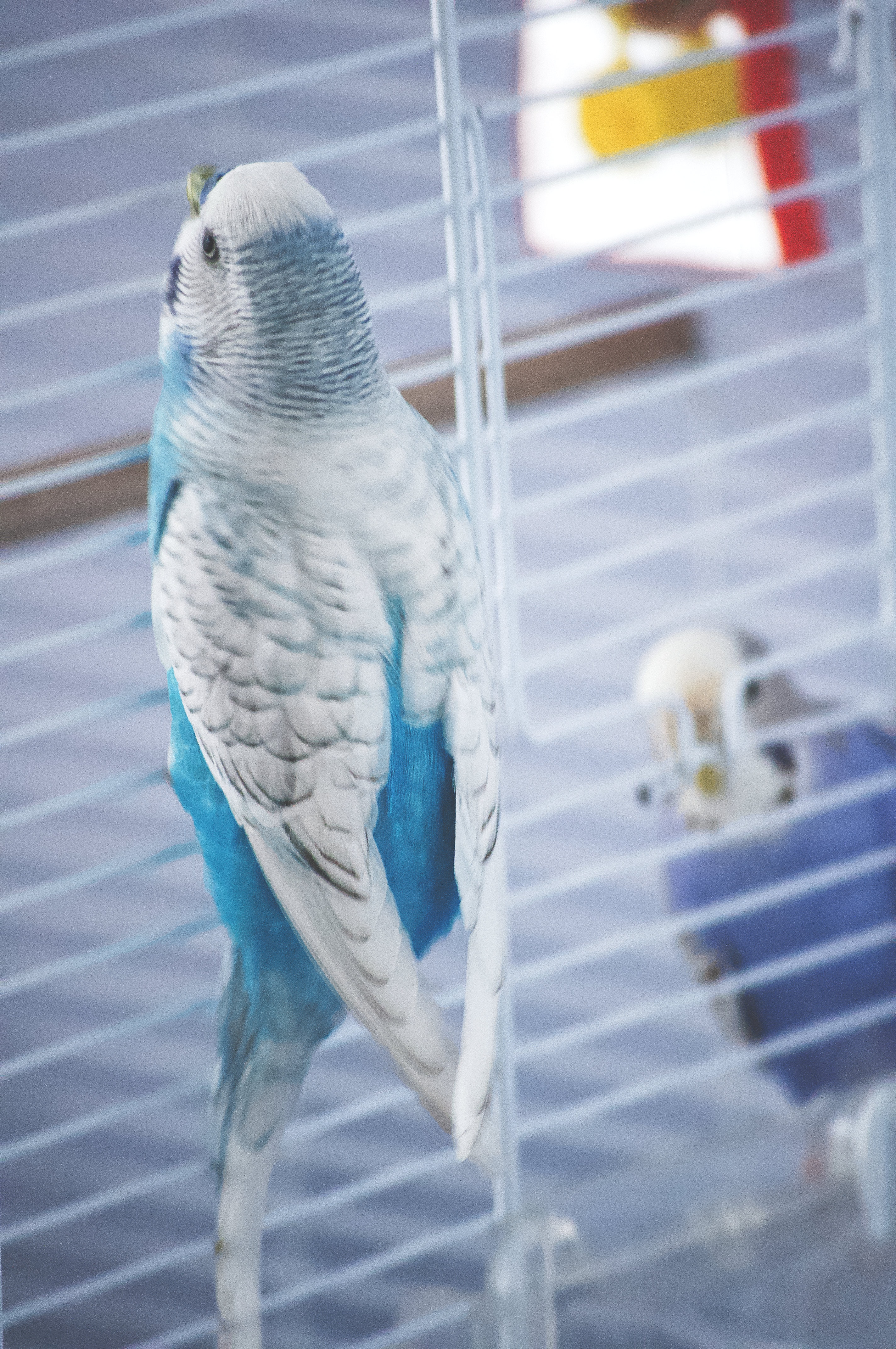Information on Cookies
To make the best use of our website, you'll need to make sure your web browser is set to accept cookies to ensure you receive the best experience.
For further information, please read our Cookies Policy.

Log In
New powers to crack down on puppy smuggling and increased protections for farm animals will be brought in under new legislation set to be introduced by the Government in Parliament today (8 June).
The new Animal Welfare (Kept Animals) Bill will improve welfare standards through a wide range of measures for pets, farmed and kept wild animals, including through a ban on keeping primates as pets.
The UK has long history of leading the way on animal welfare and now that we have left the EU, the Government is committed to improving our already world-leading standards by delivering a series of ambitious reforms, outlined in the Action Plan for Animal Welfare.
The Animal Welfare (Kept Animals) Bill will raise animal welfare standards in five key areas:
- Puppy smuggling: The Government will introduce new powers to tackle the unethical trade of puppy smuggling by reducing the number of pets (dogs, cats and ferrets) that can travel under pet travel rules. It will also include powers for the Government to bring in further restrictions on the movement of pets on welfare grounds, for example by increasing the minimum age of imported puppies and restricting the import of pregnant dogs and dogs with mutilations such as cropped ears and tails.
- Live exports: Live animals can endure excessively long journeys during export, causing distress and injury. EU rules prevented any changes to these journeys, but the UK Government is now free to pursue plans which would see a ban on the export of live animals for slaughter and fattening. We will become the first European country to end this practice.
- Banning keeping primates as pets: Primates are highly intelligent animals with complex needs and require specialist care. The Government will deliver on its manifesto commitment to introduce a ban on keeping them as pets, ensuring that all primates being kept privately in England are being kept at zoo-level standards and that those unable to meet the standards are phased out.
- Livestock worrying: The Bill will give new powers to the police to provide greater protection to livestock from dangerous and out of control dogs. The Bill will also extend this protection to other species such as llamas, ostriches and game birds.
- Zoos: The Zoo Licensing Act will be amended to improve zoo regulations and ensure that zoos are doing more to contribute to conservation.
Environment Secretary George Eustice said:
The Kept Animals Bill will bring in some of the world’s highest and strongest protections for pets, livestock and kept wild animals.
As an independent nation outside the EU we are now able to go further than ever on animal welfare by banning the export of live animal exports for slaughter and fattening, prohibiting keeping primates as pets and bringing in new powers to tackle puppy smuggling.
This builds on the launch of our Action Plan for Animal Welfare and Animal Sentience Bill last month as part of our work to build on our status as a world leader on animal welfare.
Today’s announcement is the second piece of legislation introduced in the last month aimed at driving better standards of animal welfare. It follows the Government’s decision to formally recognise animals as sentient beings in domestic law through the Animal Welfare (Sentience) Bill which was introduced to Parliament on 13 May.
As well as the new Kept Animals Bill, the Government will also announce a series of further reforms this year related to microchipping, pet theft, farm animal welfare and tackling wildlife crime, as laid out in our Action Plan for Animal Welfare.

